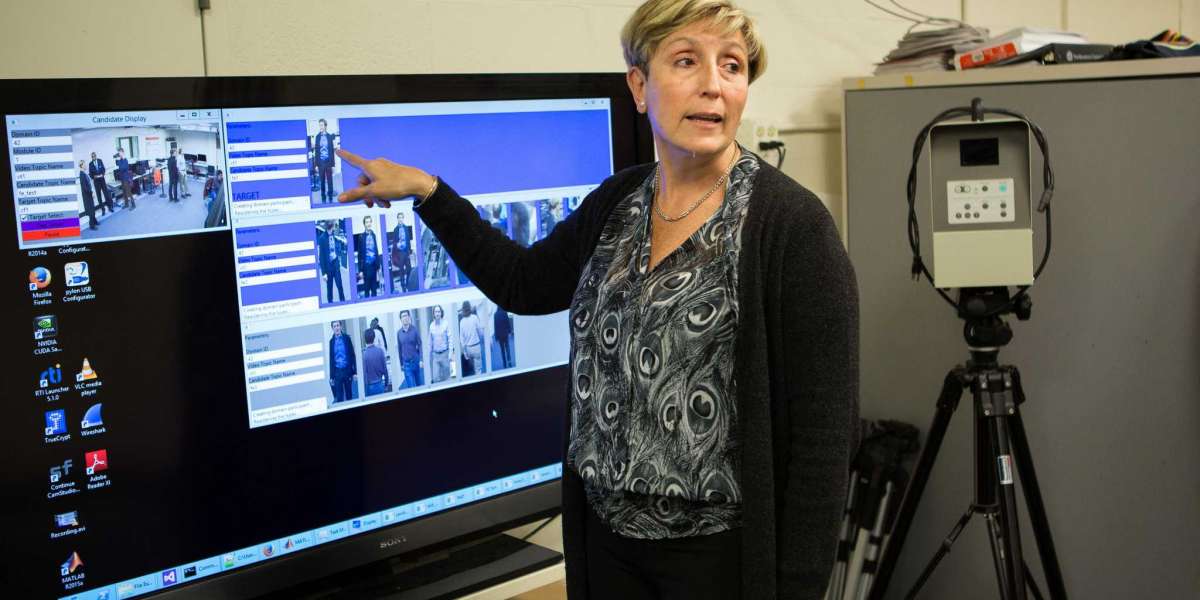Among the many ways in which the television has changed the world is its role in providing news and information to people across vast distances. Television news reporting has become an essential part of modern journalism, with networks like CNN and MSNBC providing 24-hour coverage of world events as they happen.
Television has also revolutionized the way in which we consume entertainment. With the rise of streaming services like Netflix and Hulu, viewers now have access to entire seasons of shows all at once, enabling them to binge-watch their favorite programs on demand. Furthermore, the development of YouTube has given rise to an entirely new genre of television, with creators producing their content independently and distributing it online.
Perhaps the most significant impact of television, however, has been its role in shaping culture and politics. Television has been used to influence public opinion on issues ranging from the Vietnam War to the civil rights movement, and has played a crucial role in disseminating political messaging to voters during election cycles.
The television has been an important tool for advertisers as well, with commercials and product placements being a major source of revenue for broadcasters. Perhaps the most prominent example of this was the rise of the Super Bowl as a cultural phenomenon, with advertisers scrambling to come up with creative and engaging commercials for the annual event.
Despite the many benefits of television, the medium has also faced criticism and controversy over the years. Some critics argue that television is excessively commercialized and contributes to a culture of consumerism, while others have raised concerns about violence and other harmful content that can be found on TV.
Despite these criticisms, the television remains a vital and enduring part of modern media culture, and its impact on society is likely to continue evolving and changing in the years to come. As technology continues to advance, we can expect television to continue pushing the boundaries of what is possible, and to remain an essential part of our lives for years to come.




Alphonsus Odumu 1 d
Impressive